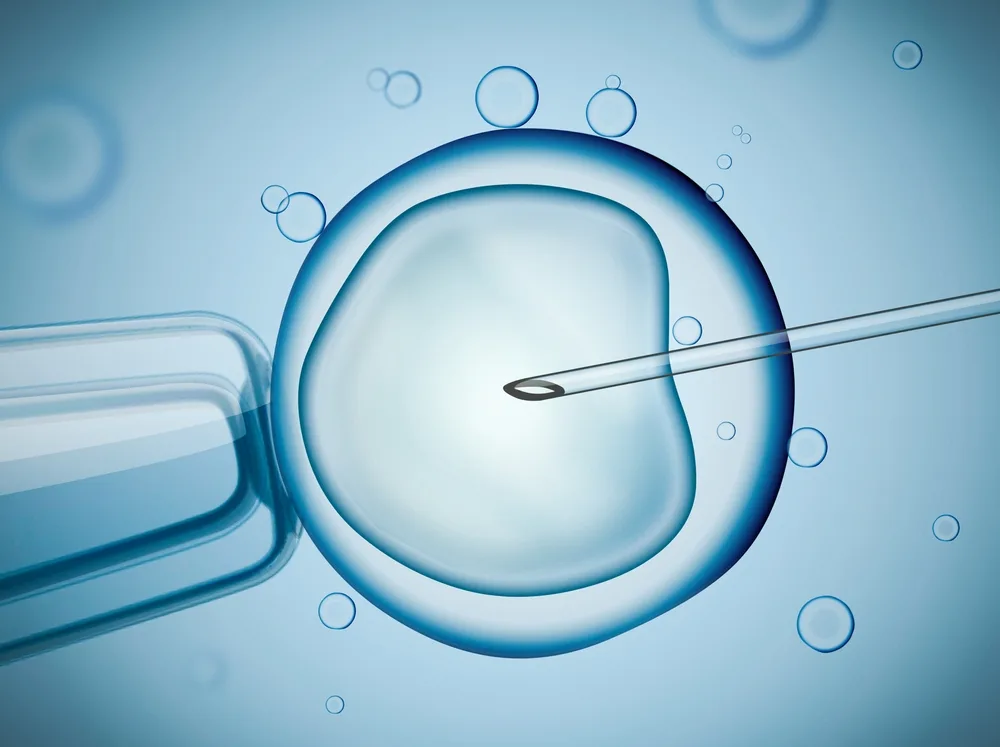IVF (In Vitro Fertilization) is a medical procedure in which eggs produced in a woman’s body are matured using special medications, retrieved from the body using special needles, fertilized with male sperm in a laboratory environment, and then the resulting embryo or embryos are transferred into the uterus.
What is IVF (In Vitro Fertilization) Treatment?

Stages of IVF (In Vitro Fertilization) Treatment
- Ovarian Stimulation: This stage begins on the 2nd or 3rd day of the menstrual cycle with ultrasound and hormone tests. Hormone injections are used to stimulate the ovaries for egg maturation. The stimulation period for eggs typically lasts between 8 to 14 days.
- Egg Retrieval Procedure (OPU): Approximately 35-36 hours after egg maturation, the egg retrieval procedure takes place. During this procedure, vaginal ultrasound probe and specialized needles are used to collect the eggs, which are then sent to the laboratory.
- Fertilization in a Laboratory Setting: Special washing and preparation techniques are used to fertilize the collected eggs with male sperm. The process of injecting sperm into the egg using the microinjection (ICSI) method can also be performed. Fertilization is closely monitored.
- Embryo Culture: After fertilization, embryos are cultured under laboratory conditions to ensure their development. The timing of embryo transfer, whether on the 3rd or 5th day, is planned based on embryo quality.
- Embryo Transfer (ET): Embryo transfer is a procedure to place the embryo in the best position within the uterus. It ensures the transfer of the embryo into the uterus, does not require anesthesia, and is followed by a recommended rest period.
Frequently Asked Questions
Who can undergo IVF treatment?
People who may consider IVF treatment include women with blocked fallopian tubes, men with low sperm quality, individuals with conditions like endometriosis, and couples whose chances of natural pregnancy have decreased due to age.
How long does IVF treatment take?
The duration of ovarian stimulation, where eggs are matured using hormone injections, generally varies between 8 to 14 days. However, on average, this period is usually around 10-12 days. The duration of stimulation can vary depending on the individual’s specific situation and treatment plan.
When can a person return to normal activities after the transfer?
Following embryo transfer, the prospective mother can typically resume her daily activities, except for strenuous exercises or activities such as high-intensity workouts. It is advisable to avoid these activities during the recovery period.
